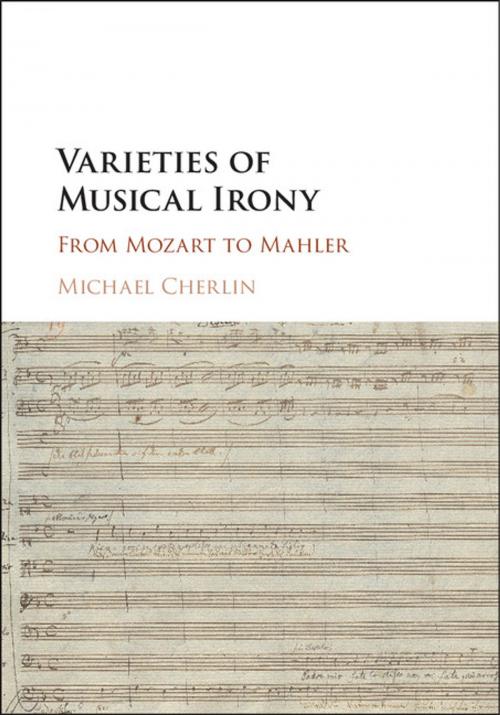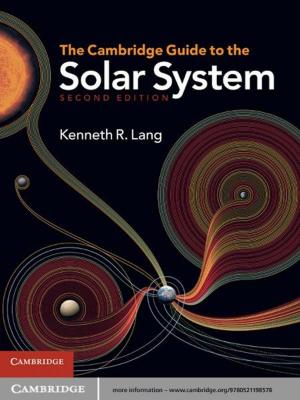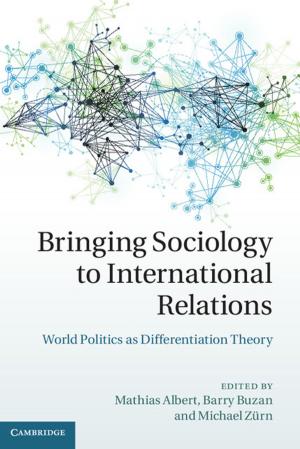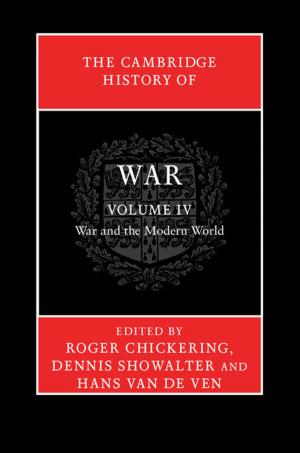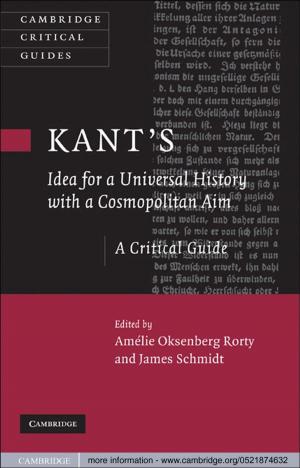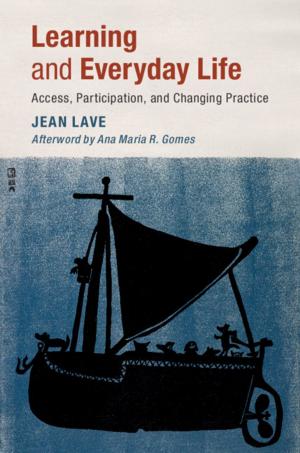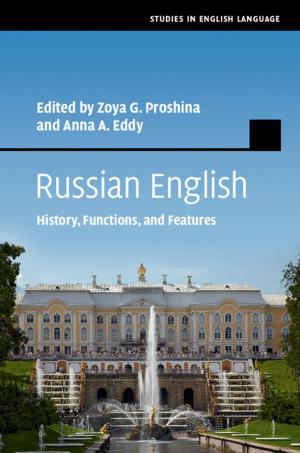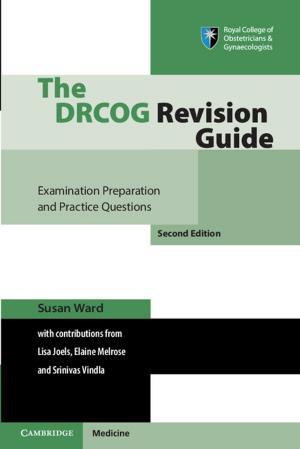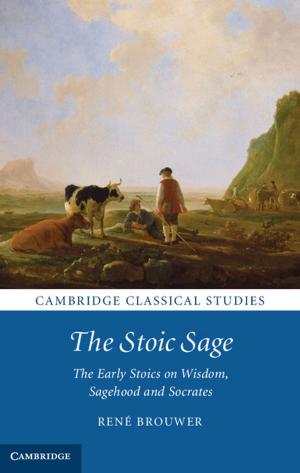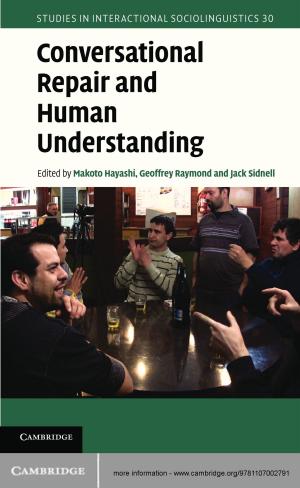Varieties of Musical Irony
From Mozart to Mahler
Nonfiction, Entertainment, Music, Reference & Language, Language Arts, Fiction & Literature, Literary Theory & Criticism| Author: | Michael Cherlin | ISBN: | 9781108500715 |
| Publisher: | Cambridge University Press | Publication: | April 27, 2017 |
| Imprint: | Cambridge University Press | Language: | English |
| Author: | Michael Cherlin |
| ISBN: | 9781108500715 |
| Publisher: | Cambridge University Press |
| Publication: | April 27, 2017 |
| Imprint: | Cambridge University Press |
| Language: | English |
Irony, one of the most basic, pervasive, and variegated of rhetorical tropes, is as fundamental to musical thought as it is to poetry, prose, and spoken language. In this wide-ranging study of musical irony, Michael Cherlin draws upon the rich history of irony as developed by rhetoricians, philosophers, literary scholars, poets, and novelists. With occasional reflections on film music and other contemporary works, the principal focus of the book is classical music, both instrumental and vocal, ranging from Mozart to Mahler. The result is a surprising array of approaches toward the making and interpretation of irony in music. Including nearly ninety musical examples, the book is clearly structured and engagingly written. This interdisciplinary volume will appeal to those interested in the relationship between music and literature as well as to scholars of musical composition, technique, and style.
Irony, one of the most basic, pervasive, and variegated of rhetorical tropes, is as fundamental to musical thought as it is to poetry, prose, and spoken language. In this wide-ranging study of musical irony, Michael Cherlin draws upon the rich history of irony as developed by rhetoricians, philosophers, literary scholars, poets, and novelists. With occasional reflections on film music and other contemporary works, the principal focus of the book is classical music, both instrumental and vocal, ranging from Mozart to Mahler. The result is a surprising array of approaches toward the making and interpretation of irony in music. Including nearly ninety musical examples, the book is clearly structured and engagingly written. This interdisciplinary volume will appeal to those interested in the relationship between music and literature as well as to scholars of musical composition, technique, and style.
